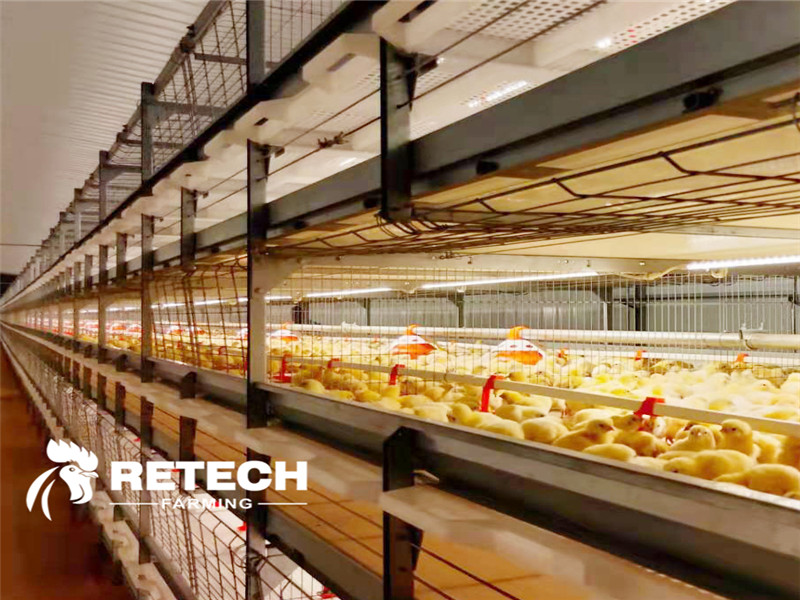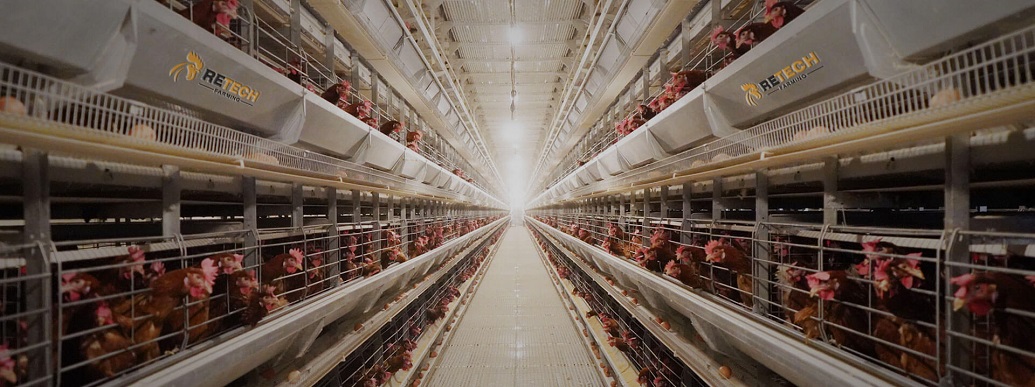How to prevent coccidiosis in the chicken farm in spring? The following 4 measures are effective in prevention:
1.Maintain environmental hygiene
Chicken coops should be cleaned regularly every day to keep them clean and dry, damp bedding should be replaced in time, water troughs, troughs, cages and other utensils should be thoroughly cleaned and flushed regularly, and walls and floors should be disinfected with 20% quicklime water.

modern layer chicken house
2.Feces handling
Usually, coccidia oocysts are discharged with manure and need 1-3 days to develop into infective spore oocysts under certain conditions. Therefore, manure in chicken farms should be cleaned and removed on the same day and transported to a distant place for fermentation treatment, using the heat and ammonia produced by fermentation to kill oocysts and prevent feed and drinking water from being contaminated.
3.Immunoprophylaxis
Chicks should use medication to prevent coccidiosis after 2 weeks of susceptible age, especially during the susceptible stage and epidemic season.

broiler farms
4.Preventive medication.
Drug selection: ①Salinomycin at 0.005-0.006% mixed into feed for prophylaxis, no rest period. ②Sulfadimethylpyrimethamine by 0.1% mixed into drinking water for 2 days, or by 0.05% mixed into drinking water for 4 days, for treatment, with an off-duration of 10 days. ③Bulbar dysentery is mixed into feed at 0.0125% for prevention, and the rest period is 5 days. ④Chlorobenzylguanidine is mixed into feed at 0.0033% for prevention, with a rest period of 5 days. ⑤ Use 2.5% solution of paclobutrazol, mixed into drinking water by 0.0025%, i.e. 1 ml of paclobutrazol in 1 liter of water, for treatment.



